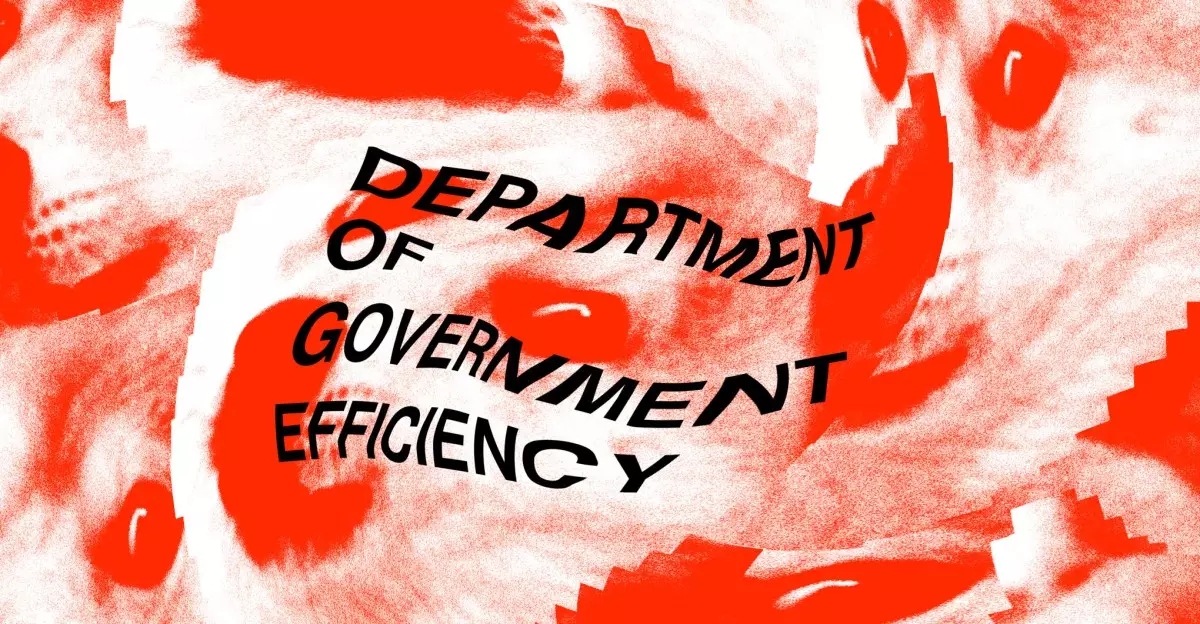The ambitious proposal from Elon Musk’s Department of Government Efficiency (DOGE) to develop a “mega API” for accessing IRS data has ignited a complex debate about the intersection of technology, government oversight, and data security. As reported, this initiative aims to create a centralized digital interface that could allow third-party software to seamlessly access vast troves of Internal Revenue Service data. This innovative vision finds its roots in the belief that enhanced data accessibility can lead to improved efficiency in government operations. Yet, while the technological potential is exhilarating, the implications for privacy and system integrity are equally daunting.
Challenges of Implementation
The timeline set by DOGE to complete this project in just 30 days raises significant eyebrows within the IRS. Many insiders, including anonymous sources, have expressed skepticism about the feasibility of such an accelerated schedule. The reality of working with the intricate web of IRS data systems is far from straightforward; the process of “schematizing” data—organizing it into a structure that is usable—could take years. Critics point out that DOGE’s personnel, primarily young and inexperienced, lack not only governmental expertise but a comprehensive understanding of the IRS’s complicated ecosystem. The urgency placed on this project could risk destabilizing the IRS, an agency already facing challenges and scrutiny.
Potential Partnerships and Motivations
The involvement of third-party entities, particularly tech giants like Palantir, raises additional questions regarding motives and data ethics. Palantir has been both lauded for its capabilities in data analysis and criticized for its role in surveillance and monitoring. This partnership could facilitate powerful data utilization but also poses significant risks to citizen privacy. A primary concern is that such collaborations may lead to the misuse of sensitive taxpayer information, especially given recent political contexts where IRS data has been suggested as a tool for enforcing government campaigns.
Government Oversight: The Missing Ingredient?
As this ambitious project unfolds, the necessity for stringent oversight mechanisms will be critical. The recent pushback from Senator Ron Wyden’s office, which reportedly praised the IRS for rejecting DOGE’s requests to bypass internal restrictions, highlights the essential role of government checks and balances. Without robust oversight, there is a danger that the vision of a streamlined and efficient IRS could devolve into a chaotic free-for-all, where data mismanagement could become the norm rather than the exception.
The Bigger Picture: A New Paradigm for Government Technology
DOGE’s initiative to innovate IRS data accessibility is emblematic of a broader trend toward digital transformation within governmental agencies. However, this ‘mega API’ concept is a double-edged sword, representing not just the potential for drastic improvements in efficiency but also significant risks pertaining to privacy and data integrity. As the balance between technological advancement and ethical governance continues to be tested, the outcomes of this venture will likely have long-lasting implications for the relationship between the government and the citizens it serves. The promise of efficiency must not eclipse the fundamental need for accountability in dealing with personal data.

